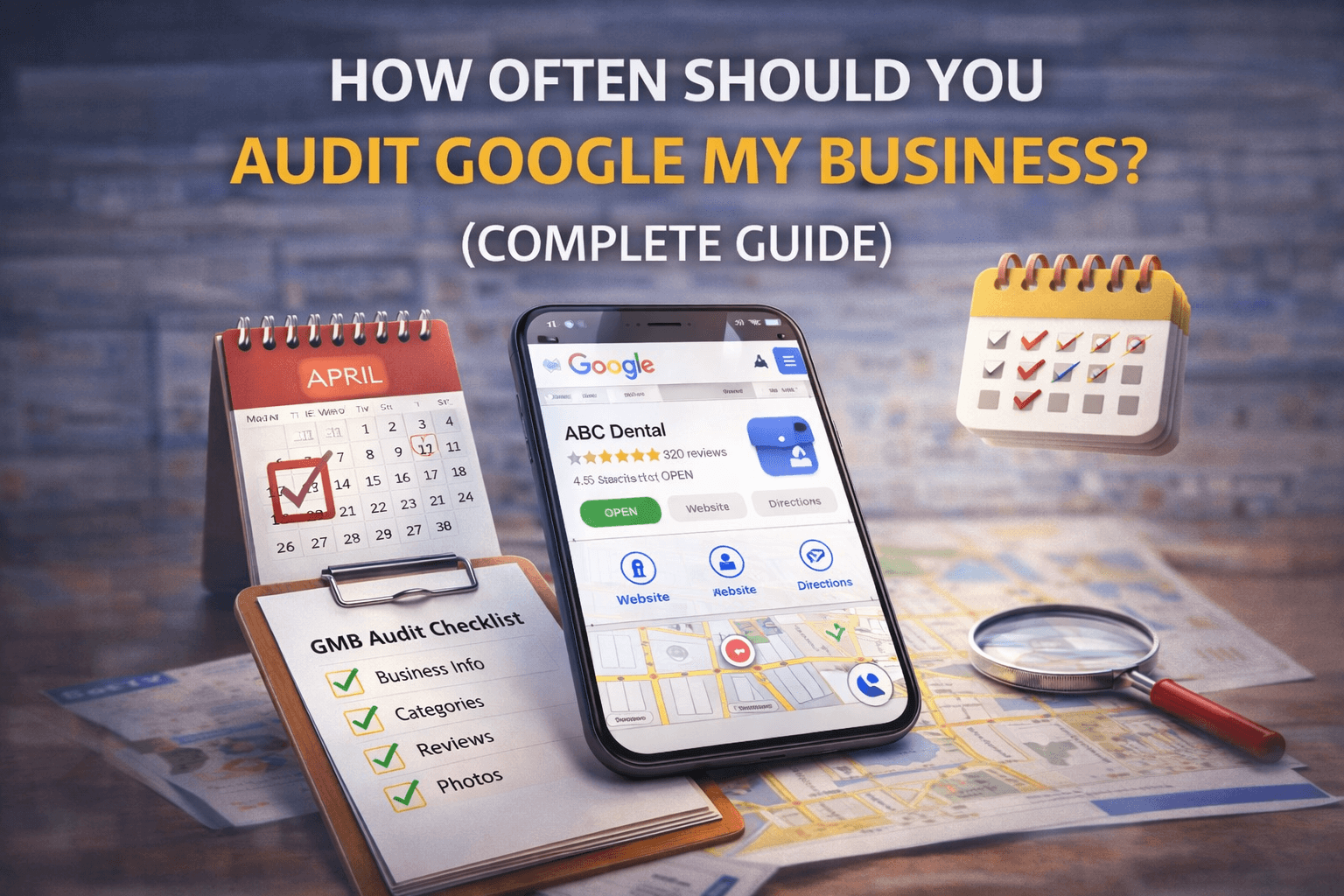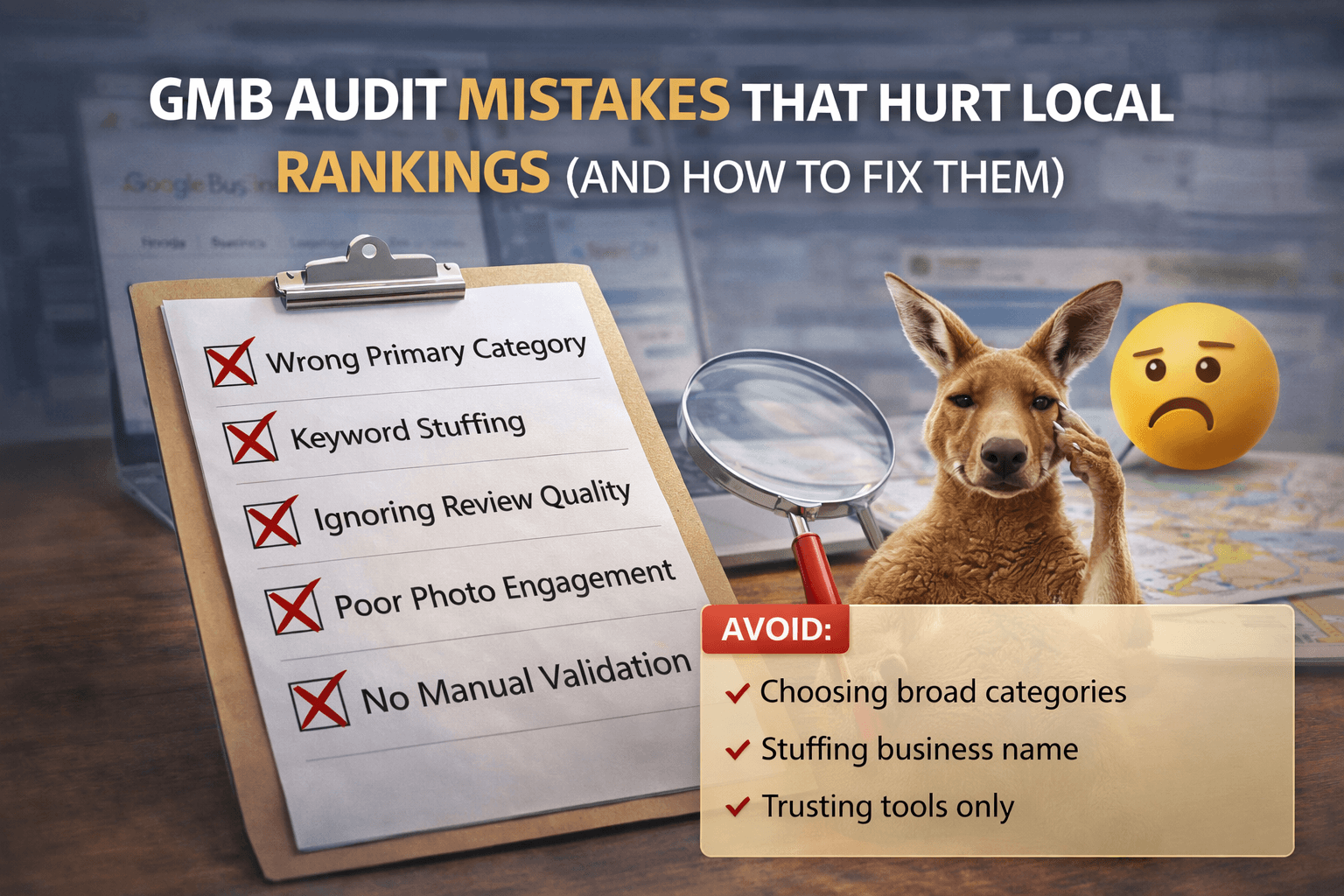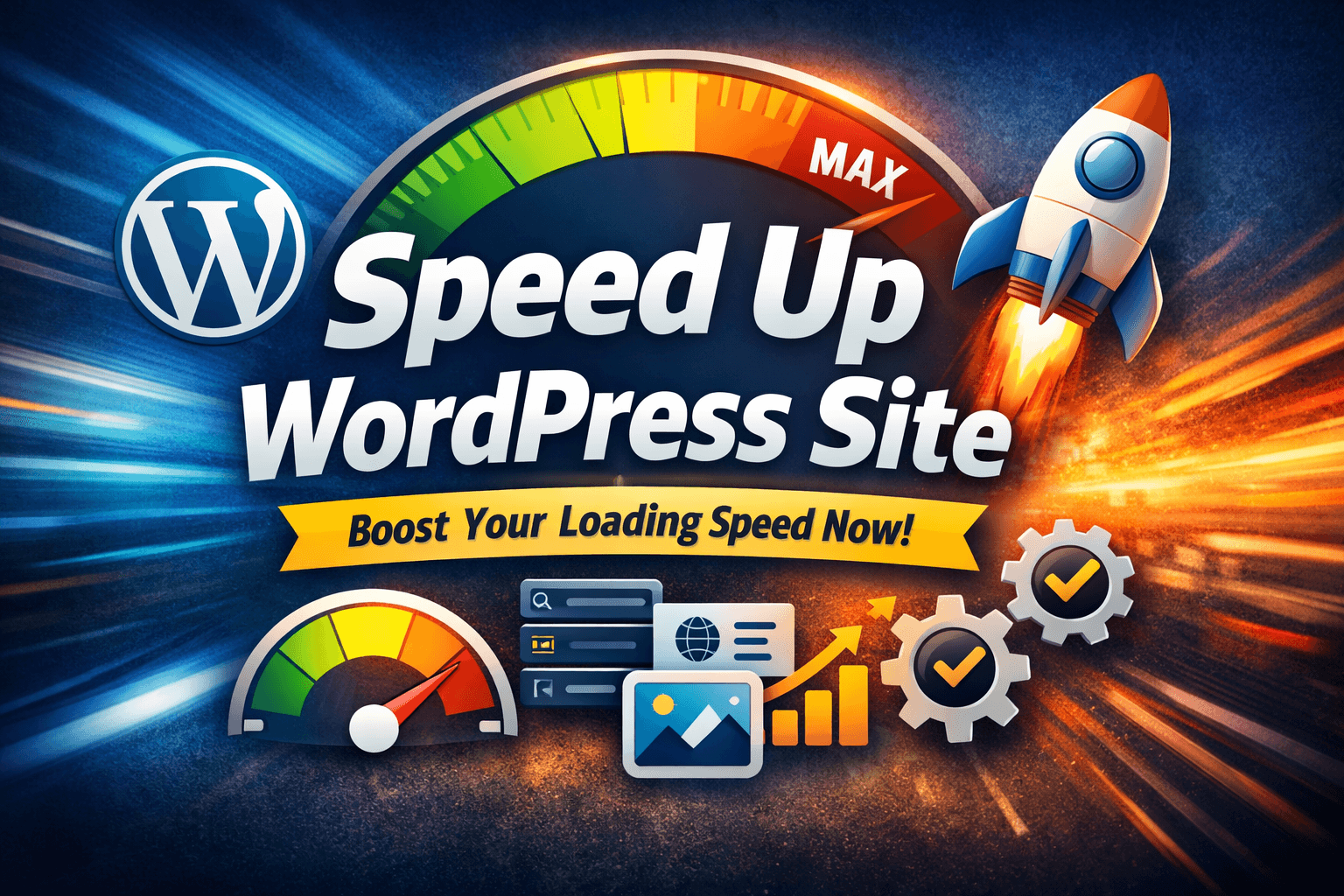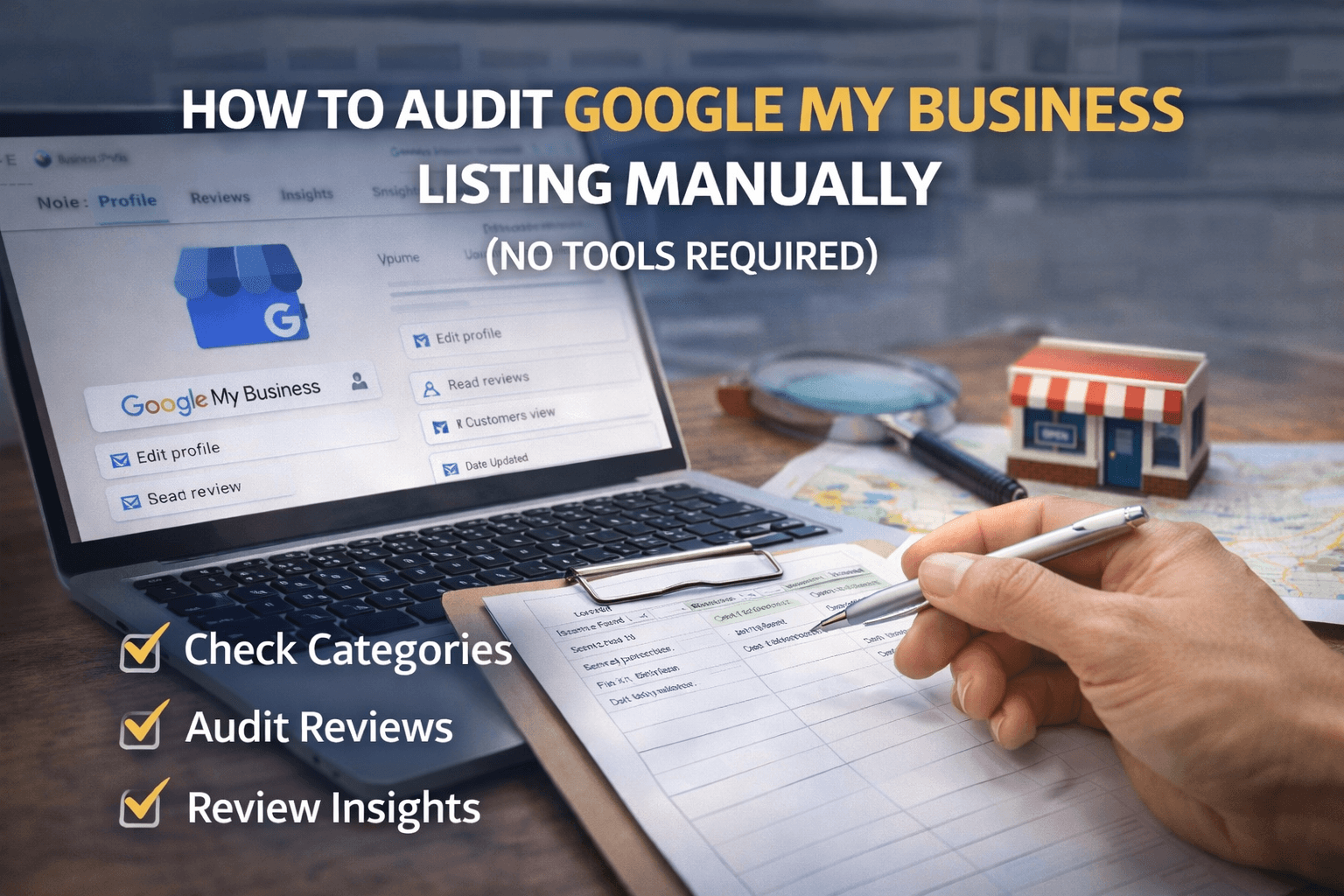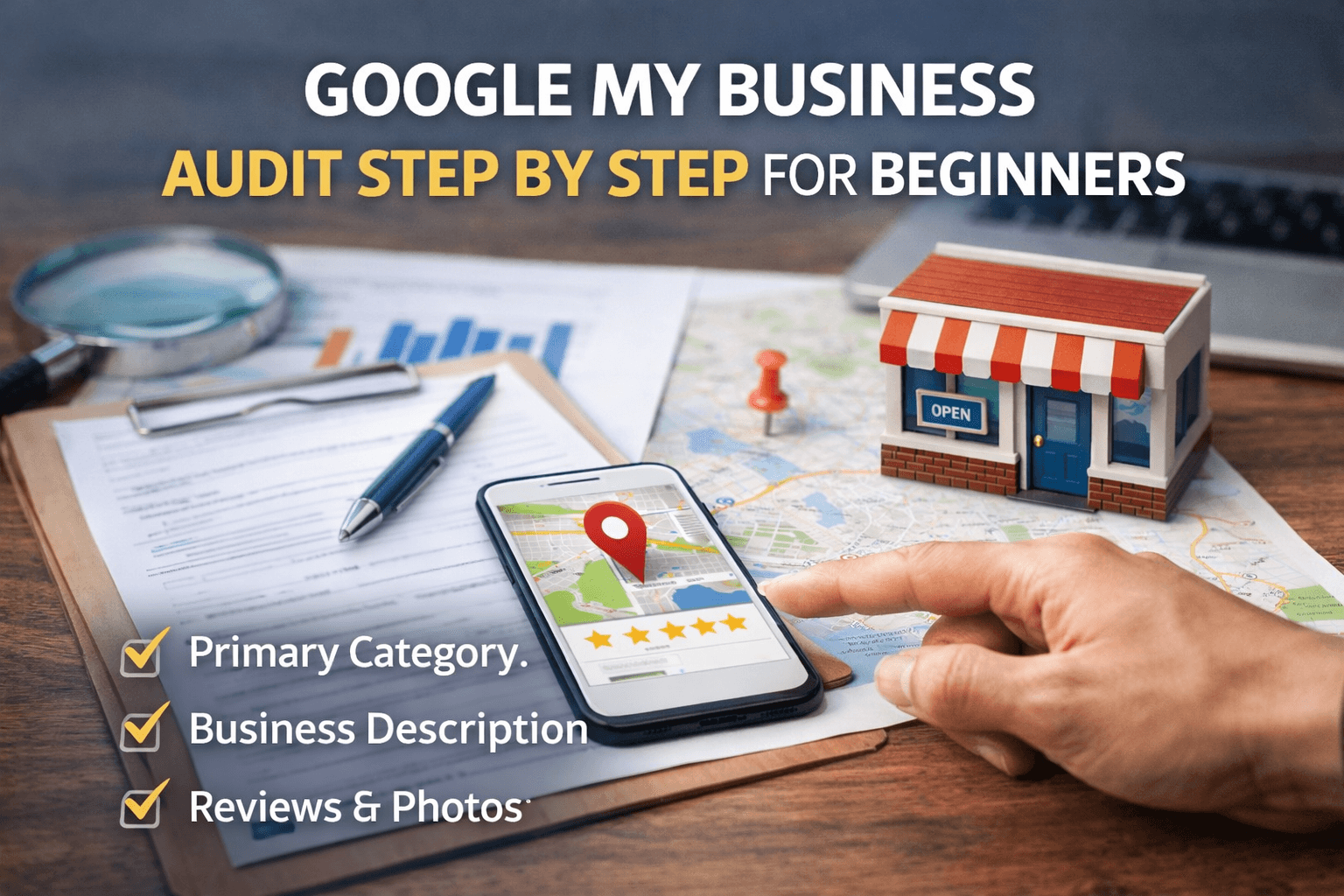5 Ultimate Tips To Optimize Your On-Page SEO
Introduction
In the digital age, having a strong online presence is crucial for businesses looking to thrive in the competitive landscape of the internet. One key aspect of improving your visibility online is through optimizing your on-page SEO. By implementing the right strategies, you can boost your website’s rankings on search engine results pages (SERPs) and drive more organic traffic to your site. In this article, we will discuss five effective ways to optimize your on-page SEO and enhance your online visibility.
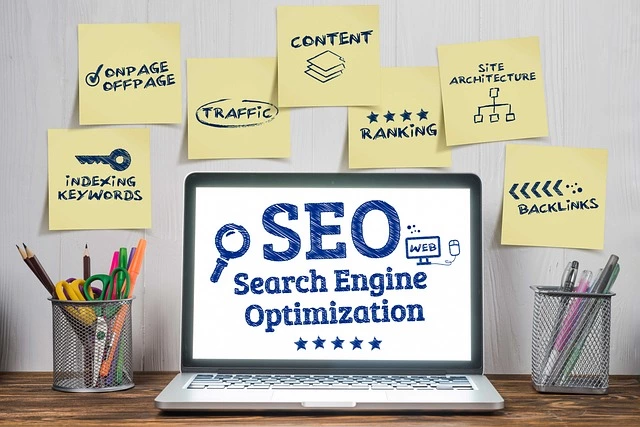
1. Conduct Keyword Research
Incorporate keywords strategically
- for optimize your on-page SEO Include target keywords in the page title, meta description, headings, and throughout the content.
- To provide readers value, stay away from cluttering the material with keywords and make sure it flows smoothly.
2. Optimize Meta Tags and Descriptions
Craft compelling meta titles
- Write unique and descriptive meta titles that accurately reflect the content of the page.
- To make sure your titles show up correctly in search results, keep them under 60 characters.
Create engaging meta-descriptions
- Write persuasive meta descriptions that entice users to click on your link.
- Include target keywords naturally and provide a summary of the page’s content.
3. Improve User Experience and Website Speed
Optimize page load speed
- Minimize image sizes, enable browser caching, and utilize content delivery networks (CDNs) to improve website speed.
- Use resources like as Google PageSpeed Insights to pinpoint areas that require enhancement.
Enhance mobile responsiveness
- Ensure that your website is mobile-friendly and displays properly on various devices.
- Mobile-friendly websites are given priority in search results according to Google’s mobile-first indexing.
4. Create High-Quality and Relevant Content
Focus on quality over quantity
- Produce well-researched, informative, and engaging content that resonates with your target audience.
- Update and refresh material frequently to ensure it is current and useful.
Use multimedia elements
- To improve the user experience, use films, infographics, pictures, and other multimedia components.
- Optimize multimedia files for faster loading times and better SEO performance.
5. Build Internal Links and Improve Site Structure
Implement internal linking strategies
- Link to relevant pages within your website to improve navigation and help search engines understand the context of your content.
- Use descriptive anchor text that includes target keywords for SEO benefits.
Optimize site structure
- Organize your website’s content logically with a clear hierarchy and intuitive navigation.
- Create XML sitemaps to help search engines crawl and index your pages efficiently.
5 most important on-page SEO factors are:
- Keyword in title tag: Having your keyword in the title tag is essential for SEO.
- Keyword in H1 tag: Placing your keyword in an H1 tag is considered important for SEO.
- Keyword early in content: Including the keyword within the first 100 to 200 characters of a page is crucial for ranking.
- Keyword repetitions in content: Repeating the main keywords throughout the content is vital for ranking, focusing on synonyms and variations.
- Keyword in meta description: Including the keyword in the meta description helps highlight it and make the search result more appealing.
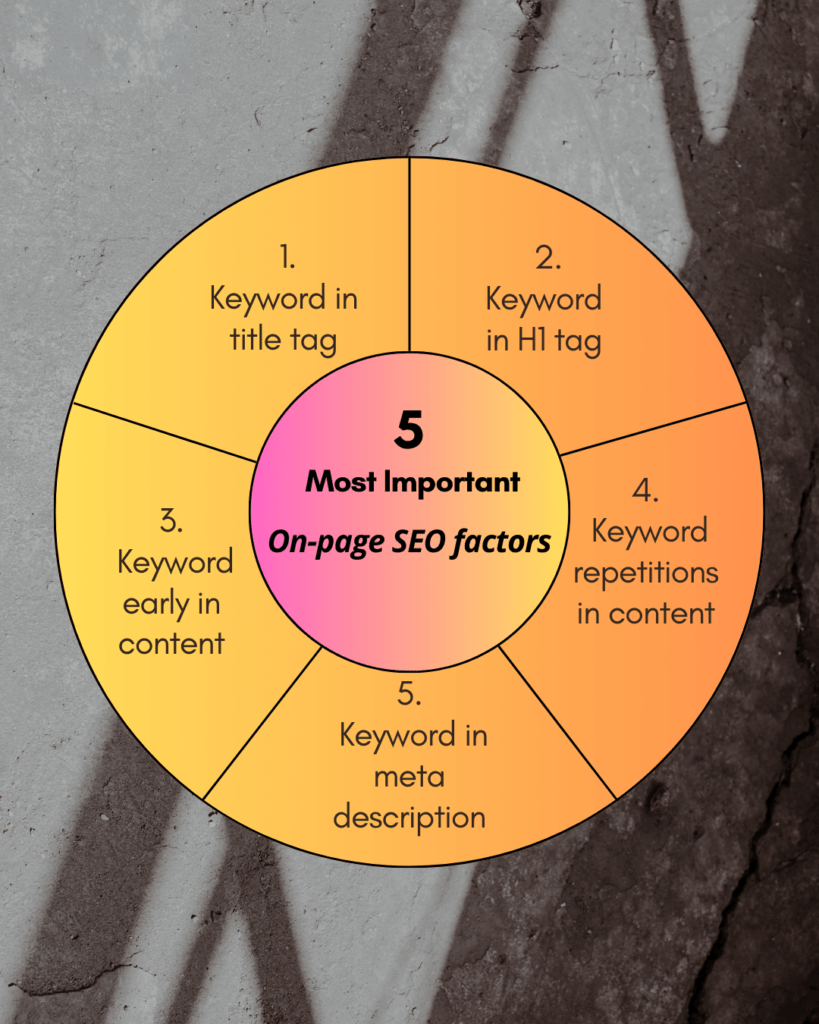
By following these five strategies for optimizing on-page SEO, you can enhance your website’s search engine rankings, drive more traffic, and ultimately, improve your online presence. Remember to continuously monitor and adjust your SEO efforts to stay ahead of the competition and achieve long-term success.

